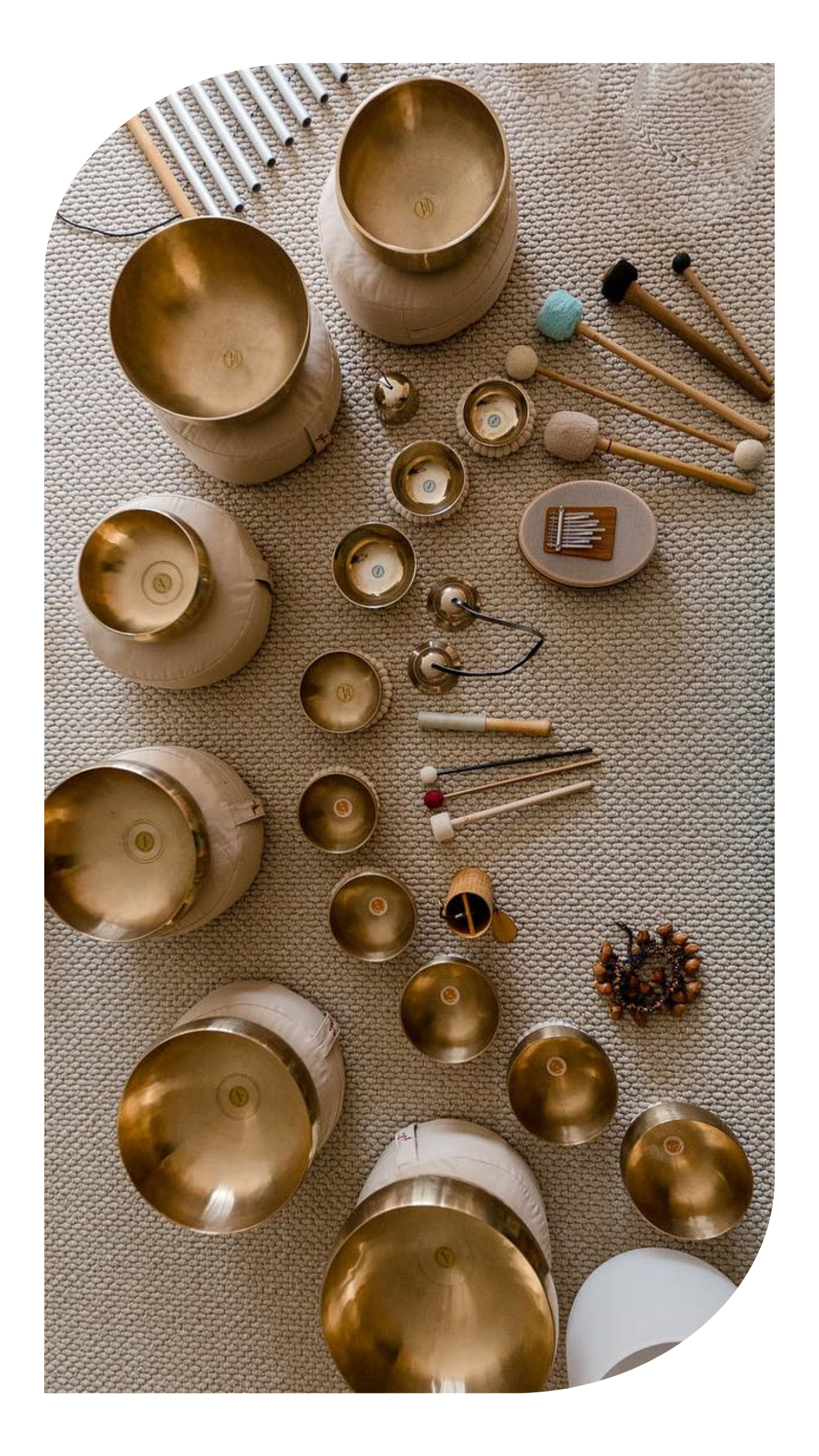SolarisCare Cancer Support Centres offer a range of creative and art based complementary integrated therapies, including;
Art Therapy
Art therapy uses art materials to support the expression and exploration of thoughts, feelings, conflicts, or any issue causing anxiety, in the presence of a trained medical art psychotherapist. The image, the discussion and the sharing of stories provides insight and support, as well as improving coping, emotional wellbeing and quality of life. Psychotherapy as an intervention is well documented for its benefits for people with cancer. Expressive art therapy requires no art skills, just a sense of playful inquiry.
Creative Visualisation
It can be incredibly difficult to sustain positive mind states when facing the unknown and coping with the trauma and stress of cancer treatment. Understandably, some patients can be consumed with negative thinking, which may make the side effects of treatment worse and debilitate the immune system. Creative visualisation, used in tandem with mainstream care, can maximise the healing effects of the treatment. Creative visualisation can create deep relaxation, which then causes the body to release natural neuro-chemicals that can assist the healing process by supporting the immune system and creating a positive mental space and sense of peace.
Therapeutic Music
The practice of the therapeutic musician is to use the intrinsic healing elements of live music and sound to provide an environment conducive to the human healing process. It is sensitive to the patients needs, respecting cultural traditions, values and musical preferences. Practitioners are committed to fostering respectfulness and sensitivity.
Music Therapy
Music therapy is an allied health profession practiced throughout Australia. It is the planned, creative and sometimes spontaneous use of music to attain and maintain health and well-being. A session may include playing an instrument, singing or writing lyrics, or you can simply listen to music and discuss how it has affected you. People of any age or ability may benefit from a music therapy program regardless of musical skill or background. It allows an individual’s abilities to be strengthened and new skills to be transferred to other areas of a person’s life. Music therapy focuses on meeting therapeutic aims, in order to facilitate change by means of certain specified goals and agendas, which distinguishes it from musical entertainment or music education.
Narrative Therapy: Group
A narrative therapist is interested in helping others fully describe their rich stories and the possibilities associated with them. The therapist is interested in co-investigating how people reflect upon and connect with their intentions, values, hopes, and commitments, understanding that our identities are shaped by the accounts of our lives, found in our stories or narratives. Once values and hopes have been located in specific life events, they help to “re-author” or “re-story” a person’s experience. The term “narrative” reflects the multi-storied nature of our identities and related meanings. No writing expertise is required, notebooks and pens provided.
For the current program of available therapies please contact your SolarisCare Cancer Support Centre or visit our website www.solariscare.org.au Please note not all therapies are available in each of the centres.






